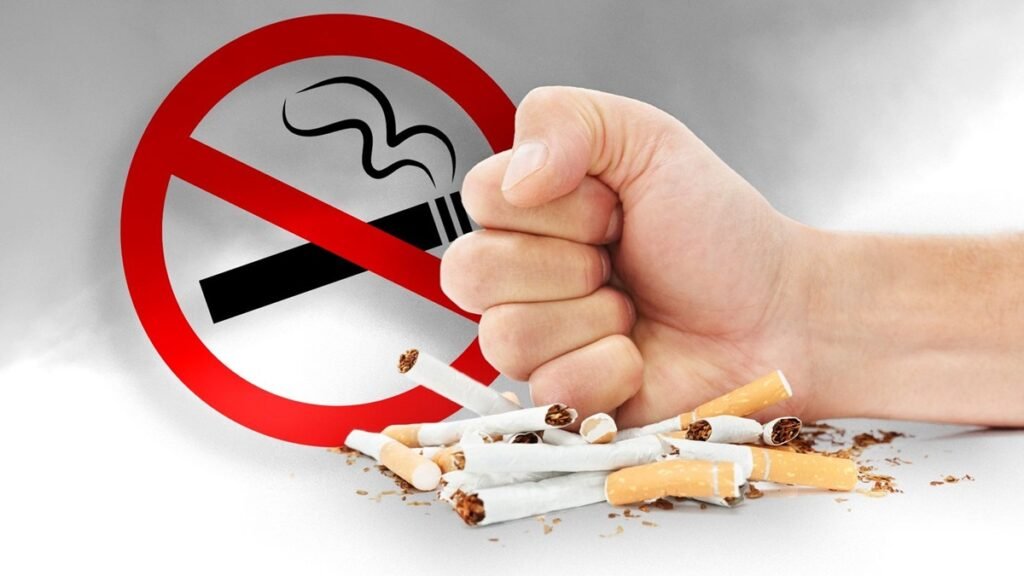
The UK government has embarked on an ambitious journey to create a “smoke-free” generation by introducing a phased ban on tobacco sales. This legislative move targets a gradual cessation of smoking, aiming to significantly reduce the number of smoking-related deaths and the associated healthcare burden on the National Health Service (NHS).
Contents
The Essence of the Tobacco Ban
The Tobacco and Vapes Bill, recently passed by the House of Commons, seeks to prevent individuals born after January 1, 2009, from ever being able to legally purchase tobacco in the UK. This progressive increase in the legal age for purchasing tobacco products will continue annually, marking a significant step in public health strategy aimed at eradicating smoking among young people by 2040.
Potential Impact
The government’s initiative is projected to prevent over 470,000 cases of serious illnesses including heart disease, stroke, and lung cancer by the end of the century. This move is not only about prolonging life but also about improving the quality of life and reducing the healthcare costs associated with treating smoking-related diseases.
Public and Political Response
While the bill has received substantial support from the public, with polls indicating that about two-thirds of UK residents favor the phased smoking ban, it has faced criticism from some quarters. Critics, particularly from the libertarian wing of the Conservative Party, argue that the bill infringes on personal freedoms and autonomy. Despite these objections, the bill’s support across the political landscape suggests a strong mandate for change.
International Perspective
The UK’s strategy is part of a broader global trend where nations are taking stringent measures against smoking. Countries like New Zealand and Canada have also implemented bold policies to curb tobacco use. These international precedents provide valuable insights into the potential challenges and successes the UK might expect as it moves forward with its plan.
FAQs
Q: What does the UK’s tobacco ban entail?
A: The UK plans to incrementally raise the legal age for buying tobacco products so that those born after 2009 will never be able to purchase them legally.
Q: Why is the UK implementing this ban?
A: The ban aims to significantly reduce health issues and deaths related to smoking by preventing young people from taking up smoking.
Q: How has the public reacted to the ban?
A: The majority of the UK public supports the ban, although there are concerns about personal freedom and the implications of enforcement.
Q: What are the expected health benefits of the ban?
A: The ban is expected to prevent numerous cases of diseases related to smoking, such as lung cancer, heart disease, and stroke, thereby reducing the burden on the NHS.
Conclusion
As the UK takes a leading role in tobacco control with its pioneering legislation, the world watches closely. The success of this policy could not only transform public health in the UK but also set a precedent for other nations aiming to achieve similar health outcomes.
For more in-depth details, you can view the full discussion on this legislative approach on Al Jazeera.